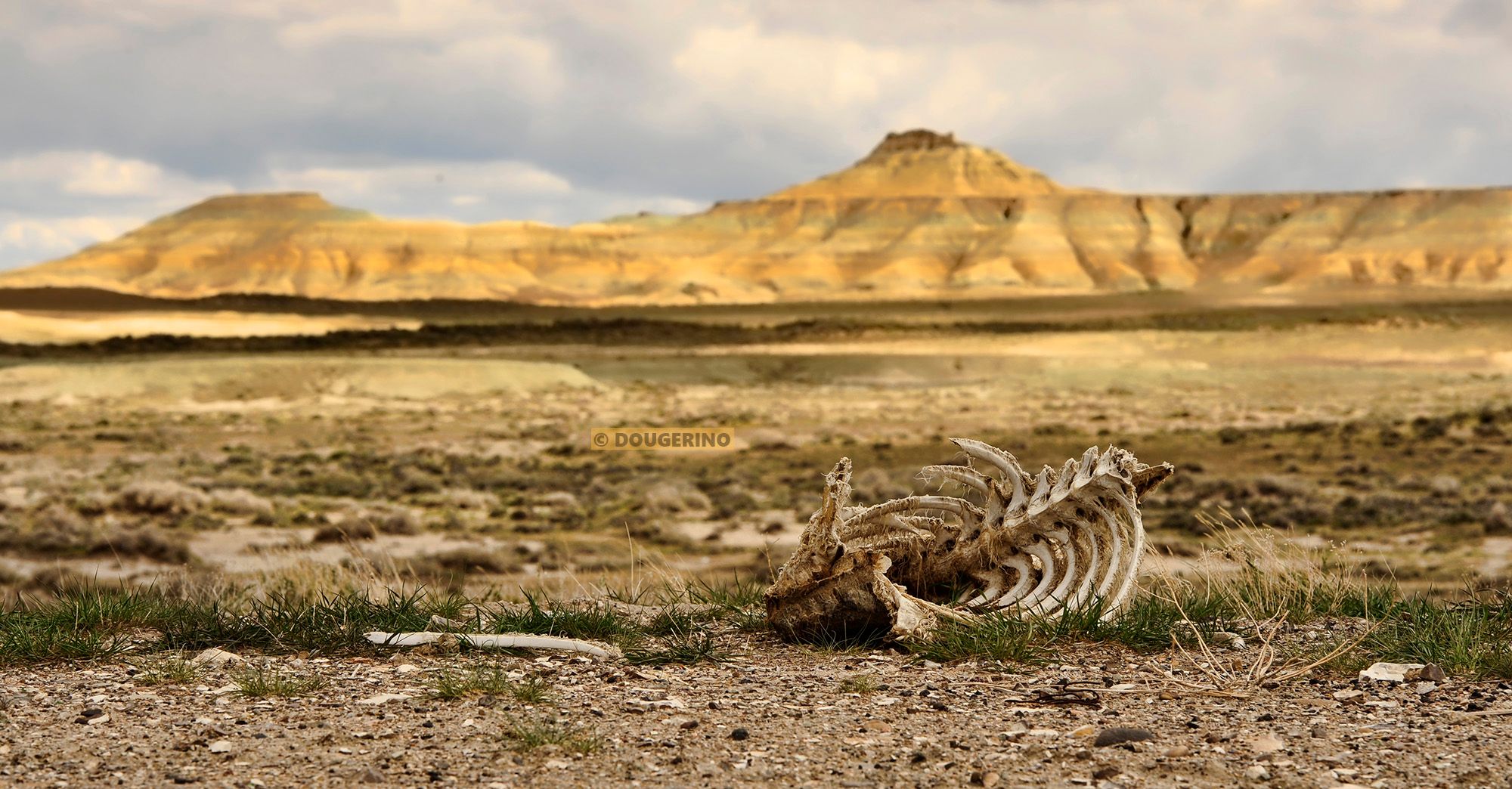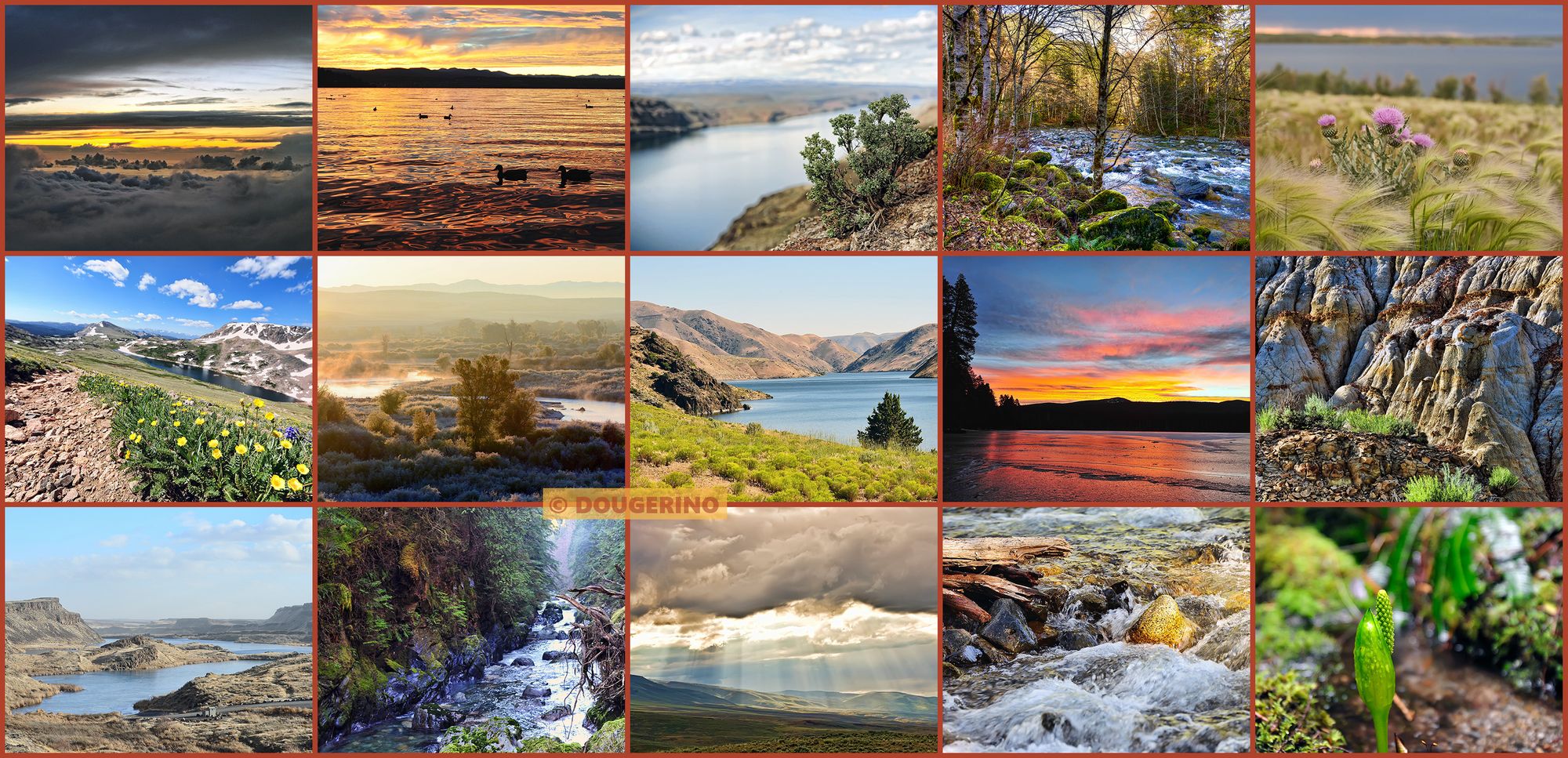Blood Meridian

I would never attempt to "review" Cormac McCarthy's Blood Meridian, or make any claim to truly understanding it, but I've enjoyed re-reading this massive book several times, and in this post I've shared a few thoughts and reactions to it.
Much has been written about Blood Meridian, and this quote from critic Steven Shaviro sums up its appeal pretty well for me:
"In the entire range of American literature, only Moby-Dick bears comparison to Blood Meridian. Both are epic in scope, cosmically resonant, obsessed with open space and with language, exploring vast uncharted distances with a fanatically patient minuteness. Both manifest a sublime visionary power that is matched only by still more ferocious irony. Both savagely explode the American dream of manifest destiny of racial domination and endless imperial expansion. But if anything, McCarthy writes with a yet more terrible clarity than does Melville." - Steven Shaviro
I feel like the key phrase there is exploring vast uncharted distances with a fanatically patient minuteness. This applies to McCarthy's explorations of the human condition every bit as much as it applies to his explorations of North American geography. McCarthy fanatically observes details, and leaves conclusions to the reader.
Blood Meridian also has all sorts of literary symbolism that goes over my head. I've seen people pointing out ways that it references the King James Bible, for example, or various classic novels, but I missed all of that.
A recurring theme of the book is that Christianity is decaying. The author never says this explicitly, but every church in the book happens to be in disrepair, full of death and decay and violent confrontations, all described in vivid and unforgettable detail. The cumulative effect of those scenes is a strong statement about religion, although religion is never explicitly mentioned at all, save for the Judge's famous admonition that "war is god ... war endures. As well ask men what they think of stone. War was always here. Before man was, war waited for him. The ultimate trade awaiting its ultimate practitioner."
If that sounds like the sort of book you'd enjoy reading, the following are a few other aspects of Blood Meridian that you may find interesting as well. If I just made you throw up a little in the back of your mouth, now would be a good time to stop reading because that feeling will only get worse.
The Judge
Judge Holden is the central character of the book, a 7 foot tall hairless man who speaks multiple languages, fastidiously studies nature, and murders several children and puppies during his time as a member of the Glanton gang. Although there are multiple historical references to Glanton and his gang, there is only one reference to Judge Holden prior to Blood Meridian, in Samuel Chamberlain's posthumously published memoir. (Note added later: McCarthy scholar Aaron Gwynn has suggested that Chamberlain's memoir may be a forgery, and McCarthy may have known this, hence the judge's fascination with forgery in Blood Meridian.)
The judge's character is exposed through so many great statements from him, such as "The freedom of birds is an insult to me. I'd have them all in zoos."
My favorite quote from the judge is this one:
“The truth about the world, he said, is that anything is possible. Had you not seen it all from birth and thereby bled it of its strangeness it would appear to you for what it is, a hat trick in a medicine show, a fevered dream, a trance bepopulate with chimeras having neither analogue nor precedent, an itinerant carnival, a migratory tentshow whose ultimate destination after many a pitch in many a mudded field is unspeakable and calamitous beyond reckoning.”
Another of my favorite passages is when the judge explains to Toadvine why it's important to learn everything you can about the world around you:
"The judge tilted his great head. The man who believes that the secrets of this world are forever hidden lives in mystery and fear. Superstition will drag him down. The rain will erode the deeds of his life. But that man who sets himself the task of singling out the thread of order from the tapestry will by the decision alone have taken charge of the world and it is only by such taking charge that he will effect a way to dictate the terms of his own fate."
Violence
Blood Meridian is famous for its violence. We learn in the opening paragraphs that the kid "already has a taste for mindless violence," and throughout the long story that follows he finds many people to help scratch that itch.
Blood Meridian is a violent book, but it's not about violence any more than Moby-Dick is a book about whales. The violence in Blood Meridian is never explained or analyzed, it just happens.
McCarthy paints bloody scenes in painstakingly horrific detail, and his long run-on sentences often contribute to a mood of terrifying chaos and desperation. The first epic battle of the book, the attack of the Comanches, is covered in a single 245-word sentence:
“A legion of horribles, hundreds in number, half naked or clad in costumes attic or biblical or wardrobed out of a fevered dream with the skins of animals and silk finery and pieces of uniform still tracked with the blood of prior owners, coats of slain dragoons, frogged and braided cavalry jackets, one in a stovepipe hat and one with an umbrella and one in white stockings and a bloodstained weddingveil and some in headgear of cranefeathers or rawhide helmets that bore the horns of bull or buffalo and one in a pigeontailed coat worn backards and otherwise naked and one in the armor of a Spanish conquistador, the breastplate and pauldrons deeply dented with old blows of mace or sabre done in another country by men whose very bones were dust and many with their braids spliced up with the hair of other beasts until they trailed upon the ground and their horses' ears and tails worked with bits of brightly colored cloth and one whose horse's whole head was painted crimson red and all the horsemen's faces gaudy and grotesque with daubings like a company of mounted clowns, death hilarious, all howling in a barbarous tongue and riding down upon them like a horde from a hell more horrible yet than the brimstone land of Christian reckoning, screeching and yammering and clothed in smoke like those vaporous beings in regions beyond right knowing where the eye wanders and the lip jerks and drools.”
The ensuing massacre is presented equally vividly, until “the wet and naked heads of the scalped ... now lay like maimed and naked monks in the bloodslaked dust and everywhere the dying groaned and gibbered and horses lay screaming.” And then, after two men survive the slaughter by playing dead and stealing away after dark, the sun rises upon “a bush that was hung with dead babies ... Bald and pale and bloated, larval to some unreckonable being.”
When I first read that passage, I thought the Mad Max details were creations of McCarthy's rich imagination. I later learned that many of the most striking details in Blood Meridian are copied directly from historical eye witness accounts of various events. John Sepich's "Notes on Blood Meridian" has specific information on these historical sources, and I also enjoyed Cami Ann Dilg's Utah State University thesis "The past that was differs little from the past that was not: Pictographs and Petroglyphs in Cormac McCarthys Blood Meridian or the Evening Redness in the West."
The Comanche attack is full of rich detail, but at other times Blood Meridian's violence is merely hinted at, and your imagination is free to roam. After a shootout, for example: "The citizens had torched the saloon. The priest had baptized the wounded Americans and then stood back while they were shot through the head."
Racism
In addition to the disturbing violence, some may want to avoid this book for its racism. It's a historically accurate book about white men, set in a time when racism against Blacks, Mexicans, and Native Americans was rampant. Cormac McCarthy spent years carefully researching the details, and the racism and sexism of the time is tightly woven into the story.
That said, the lone black member of the Glanton gang plays an interesting role. One of the only moments in the book in which violence is on the side of justice is the scene in which he spontaneously decapitates a white racist with his Bowie knife while sitting around a campfire. It's also interesting to me that this black man is the only person that the horrifically amoral judge ever goes out of his way to rescue.
You shouldn't read this book if you're not comfortable with the truth of America's racist history. The "n-word" is used often.
Sexism
The few women in Blood Meridian are mostly victims of or witnesses to terrible male behavior. Some may find those realities too disturbing to accept, but they're an accurate portrayal of the time and location.
The only woman named in the book is Sarah Borginnis, a fictional character who appears to be modeled after the real person Sarah Bowman.
Bowman was "a remarkably large, well-proportioned strong woman, of strong nerves, and great physical power" who on several occasions single-handedly intimidated large groups of armed men. Her well documented reputation is consistent with McCarthy's portrayal of Borginnis in Blood Meridian.
I agree with the widely held view that Blood Meridian could never be done justice as a movie, although I think a movie about Sarah Bowman could be amazing and I would love to see it.
Beauty
Blood Meridian captures the raw beauty of the deserts and mountains of North America like nothing else I've ever read.
The book is subtitled "the evening redness in the west," and the sun's red light is equated with blood throughout the book. Sheets of water on the plain "lay like tidepools of primal blood,” and icicles among the conifers "glisten blood red in the reflected light of the sunset spread across the prairie to the west." The men lead their horses "upon a lakebed of lava all cracked and reddish black like a pan of dried blood."
McCarthy has a knack for describing the vast open spaces of western North America, the scenes I've spent my life exploring and enjoying. "They crossed a vast dry lake with rows of dead volcanoes ranged beyond it like the works of enormous insects" is one of many lines from Blood Meridian that come to mind when I'm out driving around my current home in Southwest Montana.
Each time I read Blood Meridian, I grow a little more aware and appreciative of natural beauty. It makes me go back and review my own photos of the terrain that McCarthy describes so well. The photo at the top of this post is a photo taken in Wyoming years ago, and here are a few more photos of the kinds of places that Blood Meridian makes me want to visit again:

For me, that's what is so addictive about Blood Meridian: it's ostensibly about the worst things in life, but written in a way that increases your appreciation of the best things in life. With each reading, you become slightly more appreciative of natural beauty, and slight more numb to violence.
For a literary analysis of Blood Meridian, check out Professor Hungerford's lectures at Yale in 2008 or Professor Aaron Gwyn's excellent 6-part video series on Blood Meridian.